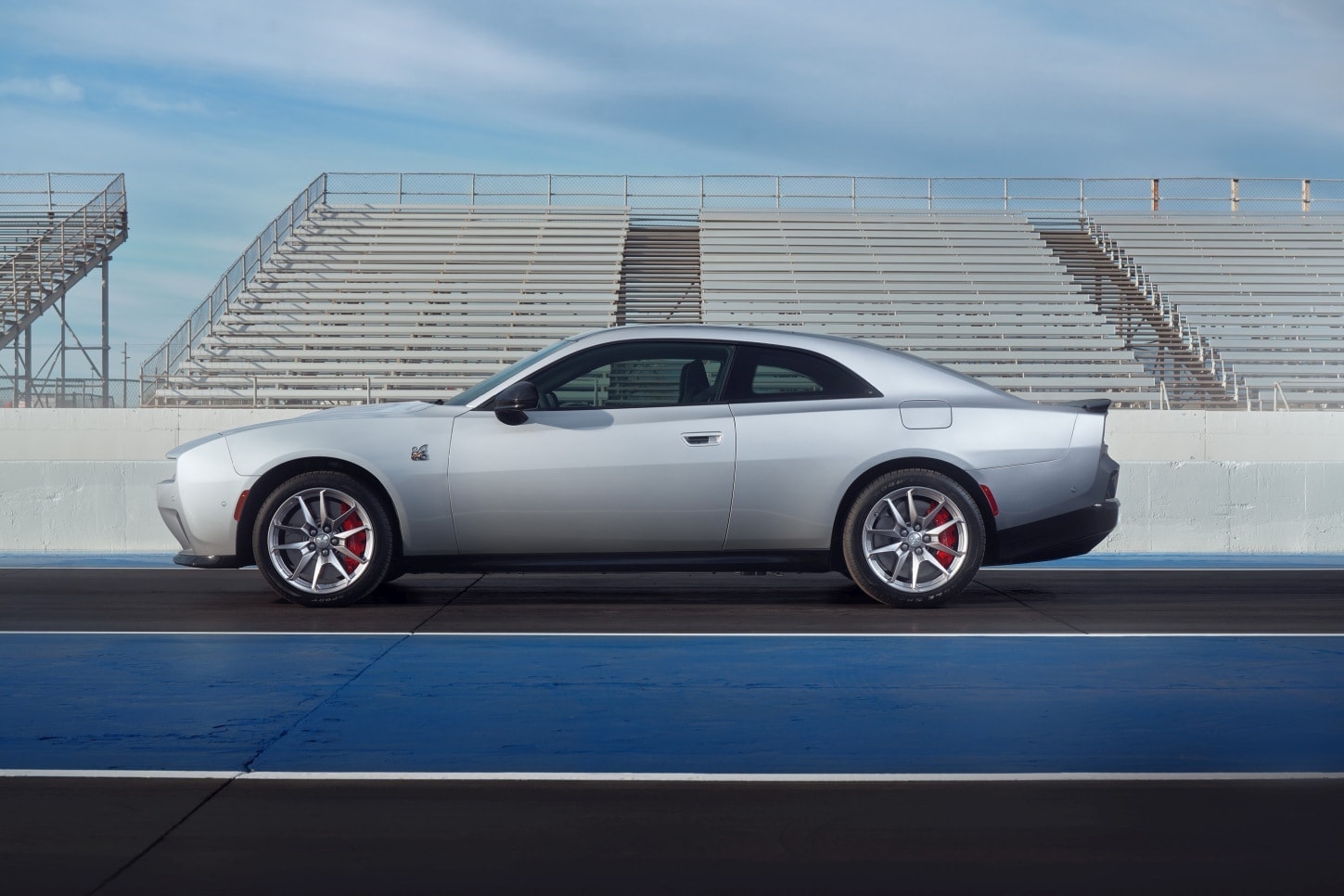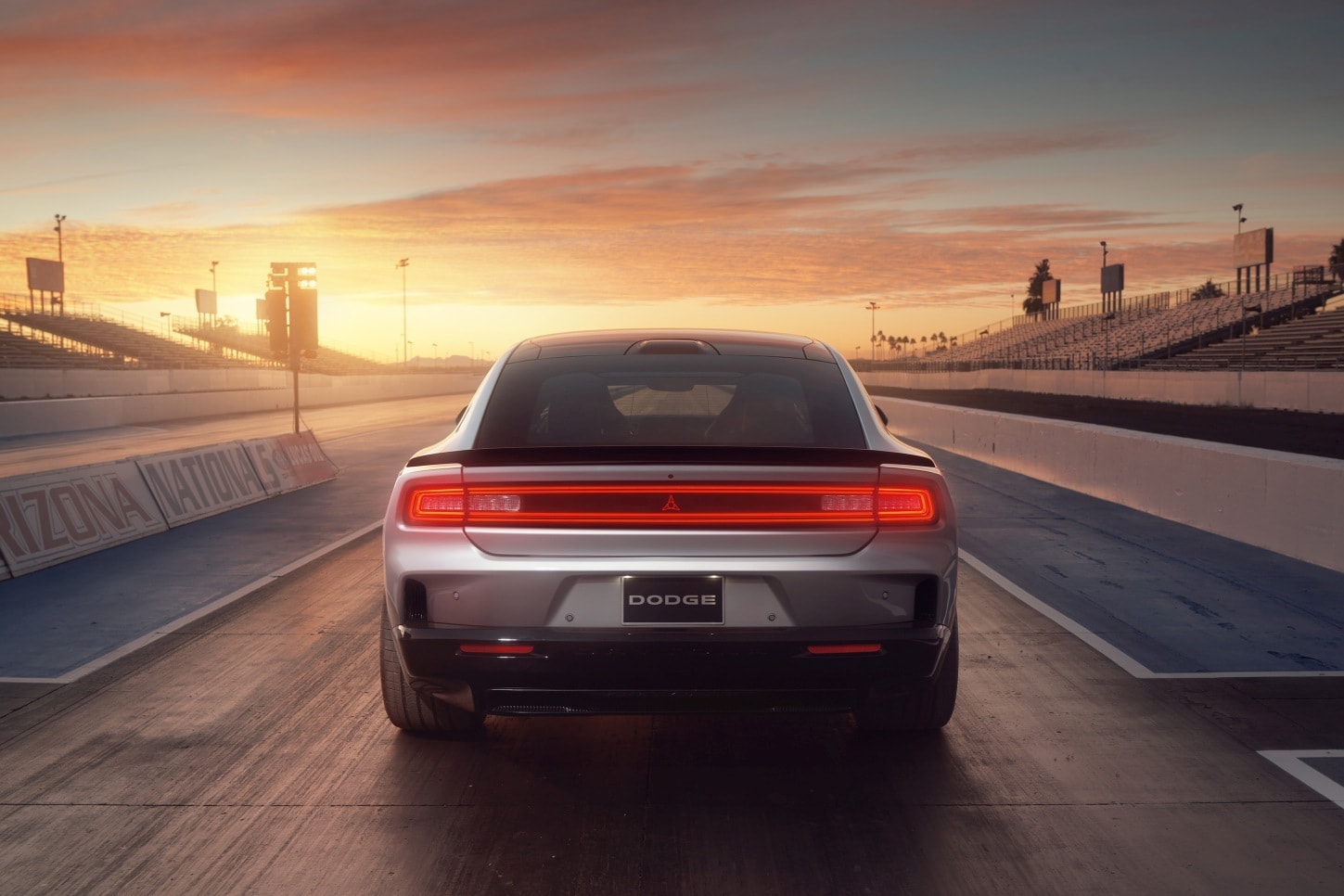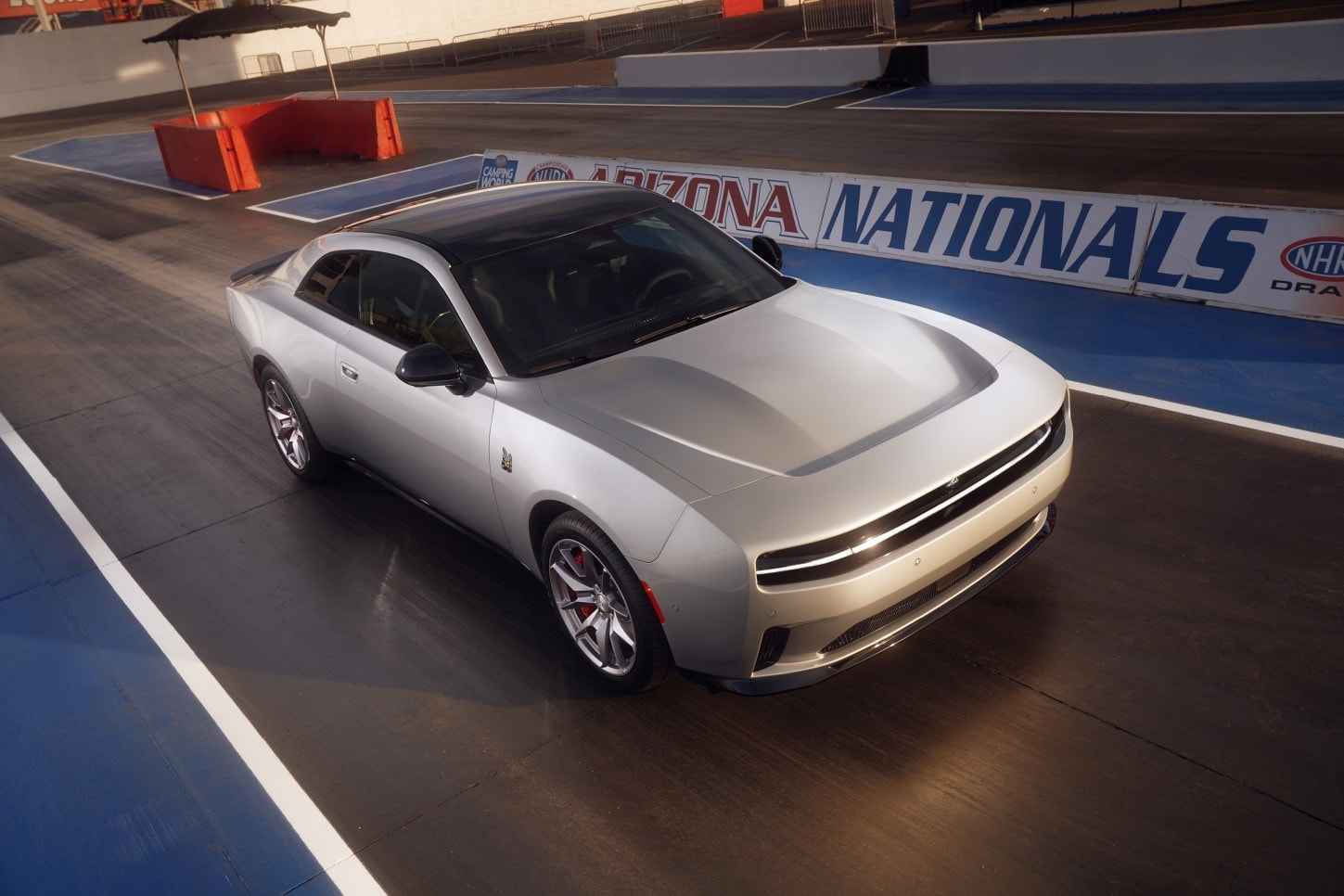The Dodge Charger Daytona’s arrival, in both electric and gasoline-powered forms, signifies a bold entry into the rapidly evolving automotive world. The EV variant, however, faces a formidable challenge. The electric vehicle market has matured significantly since Tesla’s pioneering efforts, becoming a highly competitive arena populated by a diverse range of offerings.
This intensifying competition is further exacerbated by the influx of affordable electric vehicles from Chinese manufacturers. Dodge must go through this complex environment to successfully position the Charger Daytona EV as a compelling option. Balancing the premium price point of electric vehicles with the need to stand out in a crowded marketplace will be crucial for the Charger Daytona’s success.

Stellantis, the automotive conglomerate housing Dodge, is getting around turbulent waters. Under the directive of CEO Carlos Tavares, brands that fail to generate profits are on notice for potential sale, merger, or discontinuation. Dodge, in particular, finds itself in a precarious position.
The brand’s recent struggles, including the discontinuation of the iconic Challenger and Charger, the lackluster performance of the Hornet, and the hefty development costs associated with the electric Charger Daytona, have put immense pressure on the automaker.
While the Charger Daytona’s debut at Roadkill Nights ignited excitement, its commercial success remains uncertain. The starting price of $59,595 for the R/T model, coupled with the necessity of a free but limited-time upgrade to achieve advertised horsepower, presents a complex pricing strategy.
The higher-performance Scat Pack, commanding a price tag of $73,190, offers impressive acceleration but faces stiff competition from the less expensive Ford Mustang Dark Horse. Dodge’s decision to bundle the frunk with a costly Plus Group package further complicates the value proposition.

The electric vehicle world is teeming with alternatives. Tesla’s Model 3 and Model Y, known for their range and efficiency, offer significantly lower price points. Hyundai and Kia have made substantial inroads with their Ioniq 5 and EV6 models, including high-performance variants.
Luxury brands like Mercedes and BMW provide opulent options, albeit at premium prices. As Dodge contends with these established competitors, the Charger Daytona’s path to success will depend on its ability to deliver compelling performance, value, and a unique identity in an increasingly crowded electric market.

